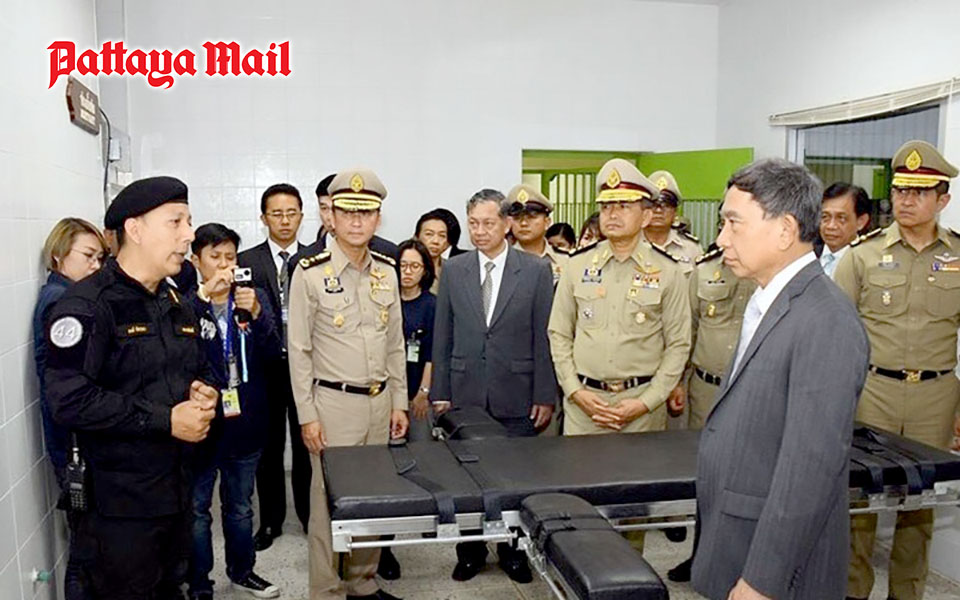
Around 70 political parties, including some one-man bands, are offering themselves to the Thai public in the race towards the May 14 general election. Over 20,000 campaign promises have been listed, yet not a single mention anywhere of the long-postponed plan to abolish the death penalty.
Soon after the 2014 military coup, officials from the justice ministry promised total abolition “soon” as a section 44 decree was all that was needed under the interim junta constitution. It never happened. In 2018 prime minister Prayut Chan-o-cha stated that the availability of the death penalty was still necessary to maintain peace and order and to deter severe crimes.
The sensitivity of the issue is surprising since the death penalty in Thailand has fallen into disuse. After the last machine-gunning in the prisoner’s back in 2002, the use of lethal injection has been tested only in a small handful of cases, the last being in 2018 for aggravated murder six years previously. But the Thai courts still sentence people to death on a regular basis, mostly for drugs-trafficking but also for murder. There are believed to be more than 550 people currently on death row in Bangkok’s Bang Kwang central prison.
Former New Zealand premier Helen Clark this week called for Thailand formally to abolish death sentences which are still technically available for 60 offences which include hijacking, collusion with enemies, treasonable practices and organizing child prostitution. Of Thailand’s nine ASEAN colleagues, Cambodia and the Philippines have outlawed the death penalty, whilst Laos and Brunei haven’t used it for decades.
Given that opinion polls show that around 90 percent of Thais wish to retain the supreme penalty, the silence of political parties in the upcoming general election is understandable: abolition is not a vote winner. Many respondents point to detailed media coverage of callous murders and the ongoing threat to public safety by drugs cartels, often with alleged foreign involvement.
It comes down to society wanting to inflict pain. Former executioners worldwide, including Britain’s Albert Pierrepoint and France’s Marcel Chevalier in their abolitionist retirement days, confirmed that execution had no deterrent effect whatsoever and was all about demanding an eye for an eye and a tooth for a tooth. Thailand’s public executioner in the machine-gunning era, Chavoret Jaruboon, echoed the same beliefs in his post-career memoirs. “Killing criminals,” he wrote, “serves no function except to satisfy society’s lust for revenge.”





